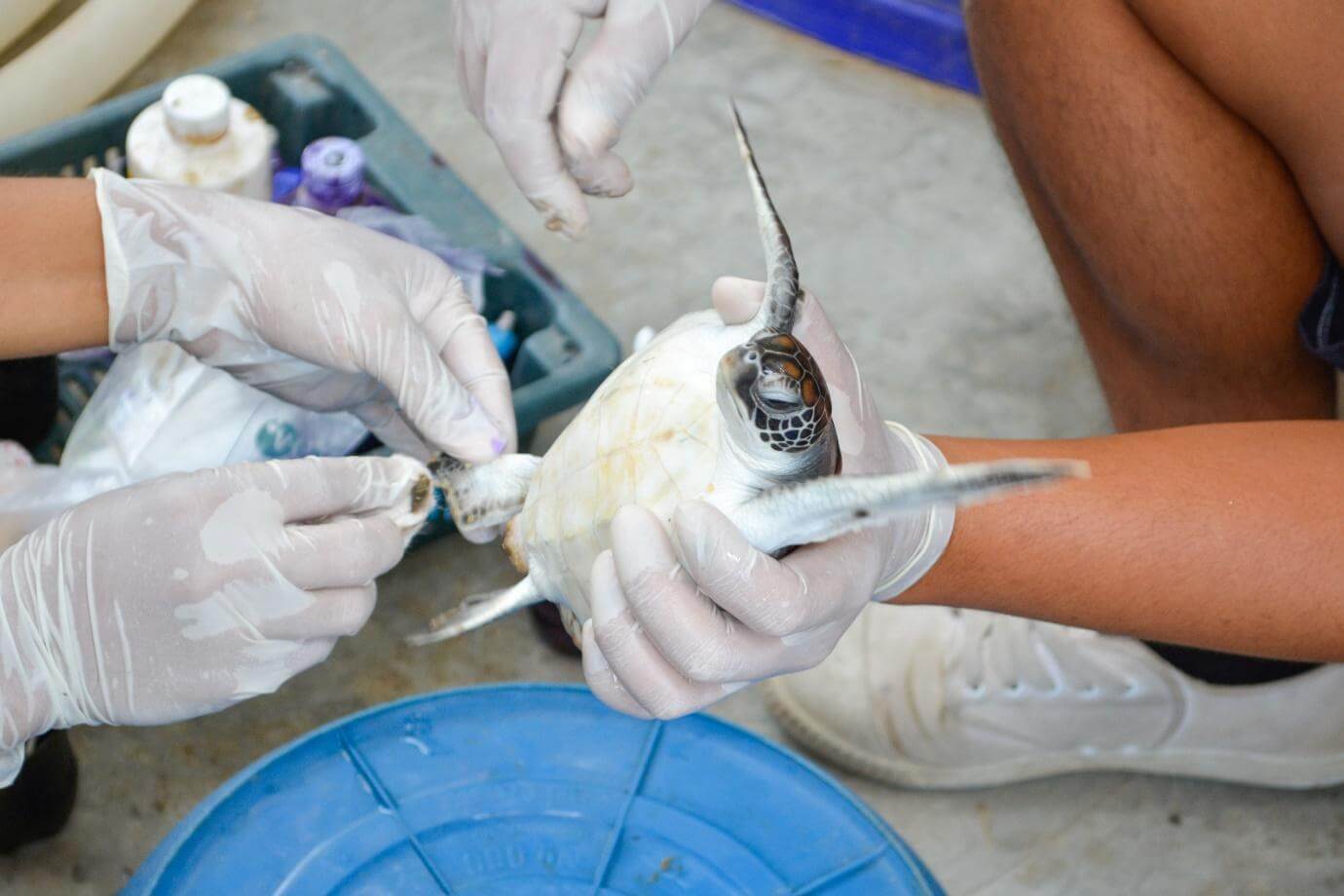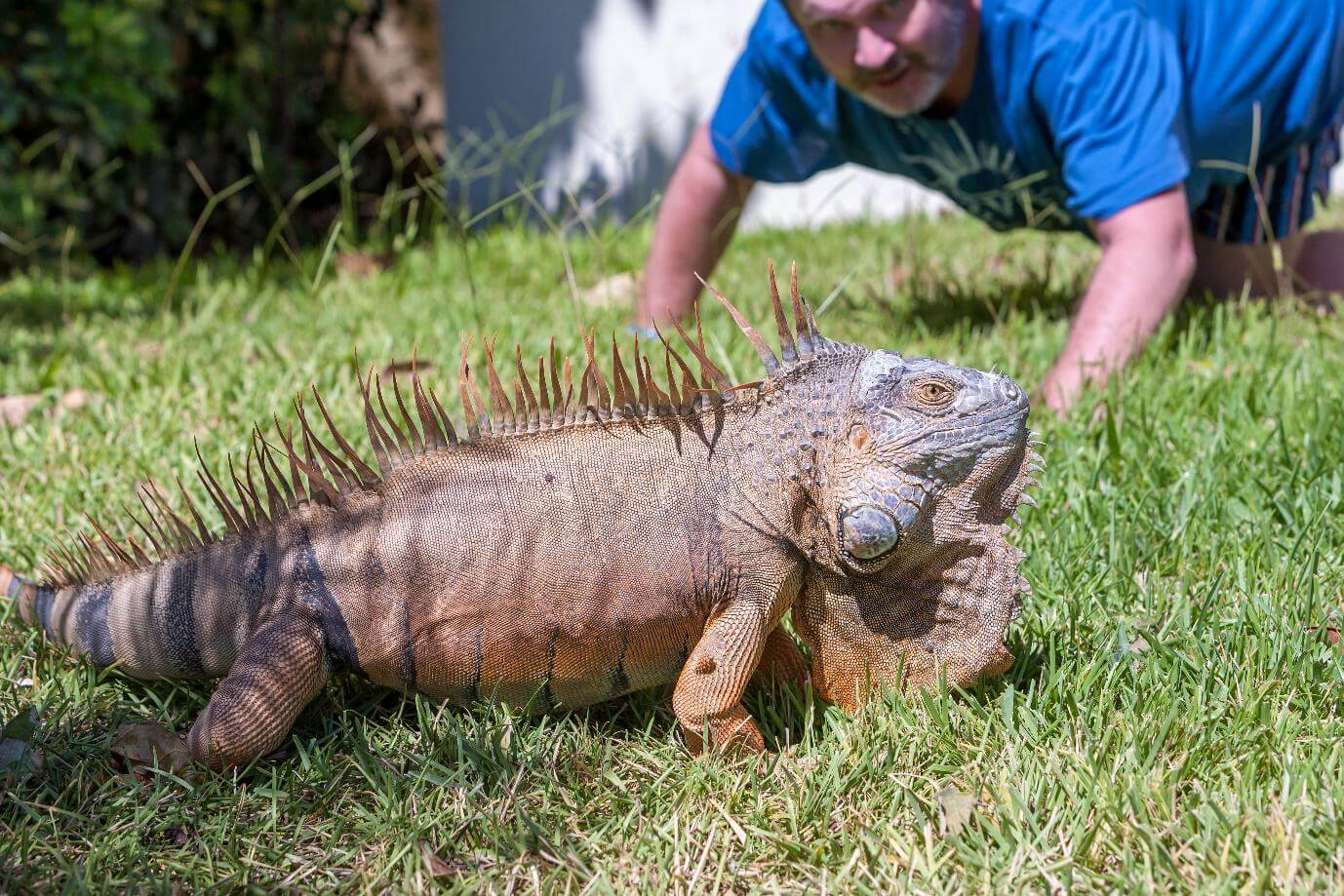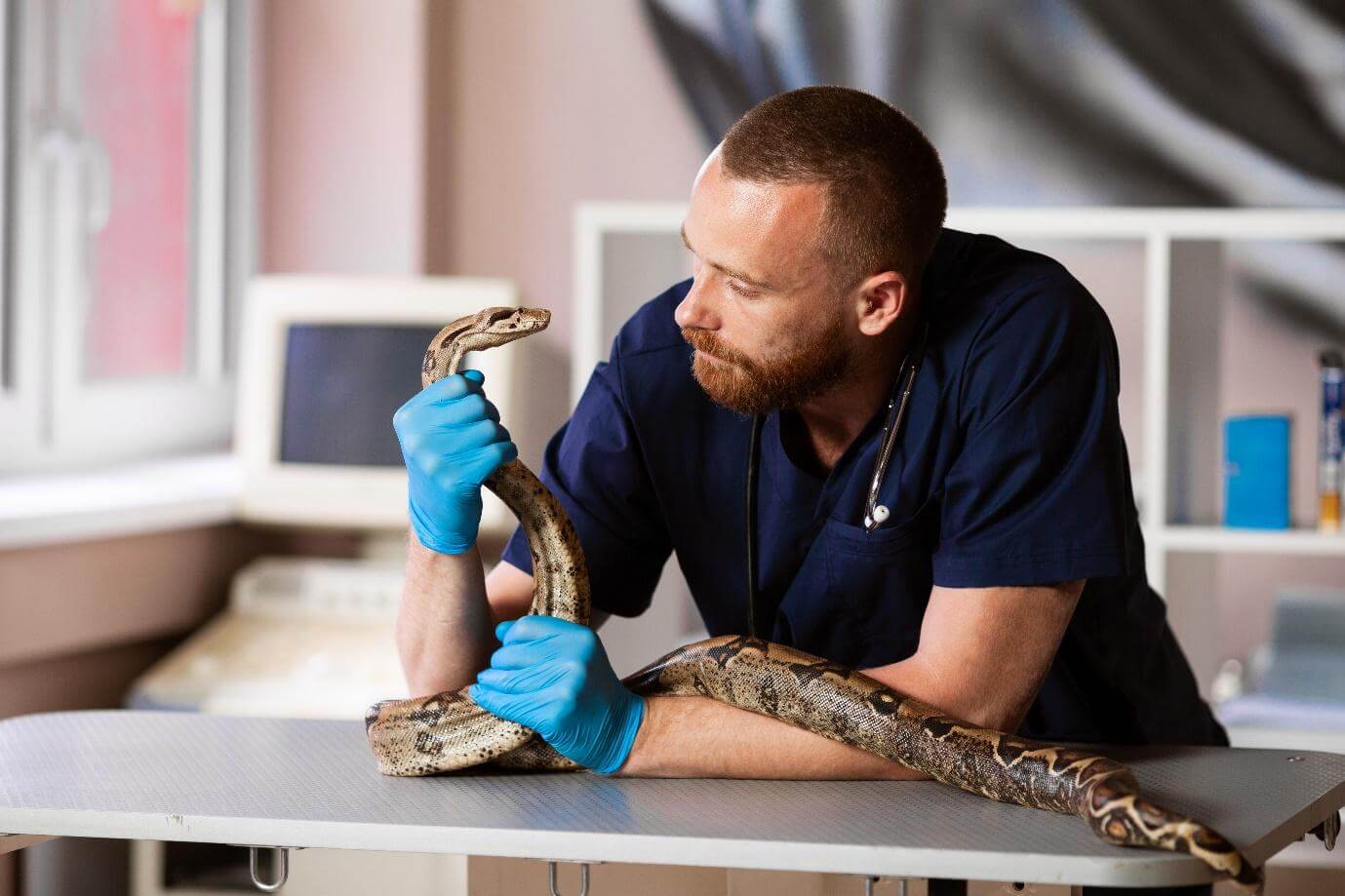If you’ve always been fascinated by snakes, lizards, turtles, and other incredible cold-blooded creatures, a career working with reptiles could be the perfect fit for you. Whether your passion lies in reptile care, education, research, or conservation, the opportunities to work with these amazing animals are both diverse and rewarding. From becoming a Reptile Enclosure Zookeeper to specialising in herpetology as a Vet, there’s a path for every aspiring reptile enthusiast.
In this guide, we’ll explore what makes reptiles so extraordinary, the skills you need to work with them, and how you can take the first steps towards building a fulfilling career caring for these incredible creatures.
What are Reptiles?
Reptiles or Reptilia as they are otherwise known, are one of the most exciting species on our planet. They are cold-blooded vertebrates that can breathe air, and over 315 million years ago, reptiles were the most dominant species of animal to live on planet earth, outliving their dinosaur ancestors. Reptiles make up almost 10,000 species including, turtles, snakes, lizards, tuatara, and crocodilians. The largest category falls within the lizard and snake group, of which there are over 9,000 varieties in the world.
Unlike other species, reptiles cannot maintain an internal body temperature. They rely on external temperatures and heat to regulate their body and to stay healthy, which is why they prefer warmer countries with hot temperatures.
Promoting Reptile Care & Welfare
Reptiles have increased in popularity over the years, with many individuals keeping them as pets. However, reptiles are considered to be exotic animals, and many countries have strict rules and restrictions on keeping them as domesticated pets. As popular as reptiles are, they have a unique set of care requirements including, for example, all reptiles have environmental, dietary, and behavioural needs. So, when they live alongside humans, nearly all reptiles need specialised equipment in their enclosure or living space to stay healthy.
The RSPCA identified that the lack of knowledge in reptile welfare was their main concern in pet owners, which is why raising awareness around reptile care and welfare is essential to the animal’s wellbeing. Often people mean well and want the best for their pets, but they, unfortunately, lack the relevant information and knowledge on how to look after reptiles.
One of the ways you can improve reptile welfare is through education. There are a limited number of professionals with reptile care expertise, so you can help educate others, contribute to research, and become an active member of the reptile community with a regulated reptile qualification.
Careers with Reptiles
Those who are fascinated by snakes, bearded dragons, iguanas, and turtles may want to work with reptiles as a job. There are multiple reptile related jobs available worldwide, ranging from research, conservation, education, breeding and even training. We have listed some of the most popular career routes for working with reptiles.

Reptile Zoologist or Conservationist
You might be passionate about conservation and want to make a difference in reptile preservation. If so, you might want to explore projects for endangered or unique reptile species and, therefore, looking for a job in conservation or at a nature reserve may be a place for you. Getting a practical hands-on experience is one of the best ways to get a foot in the door, and our reptile studies course provides an optional placement where you can do just that.
Visit the course page for more details.

Reptile Veterinarian
If you have a successful track record in biology and chemistry, you may consider the veterinary care industry. Some veterinary professionals get to work with reptiles every day. However, this type of work is practical and requires several years of training. Veterinary professionals need to be prepared and carefully trained to treat injured, sick, or abandoned pet reptiles.
An excellent way to get on the fast track to becoming a vet is through our online Access to HE Diploma (Veterinary Science). Find out more on the course page.

Reptile Zookeeper
If you have experience handling reptiles, then working in a zoo or safari park may be preferable. A Zookeeper responsible for a reptile collection may be required to monitor their behaviour, provide enrichment, supply food and regularly check on their health. As reptiles come in so many shapes and sizes, it is impossible to generalise a Zookeeper's responsibility. For example, there are vast differences between an enclosure with a crocodile vs a snake. The Level 3 Diploma in Zookeeping is one of the fastest ways to get qualified in zookeeping. This course includes both theoretical and practical training in animal care, conservation, and welfare. You could also bolt on the Level 3 Award in Reptile Studies to specialise your knowledge and stand out when applying for zookeeping jobs looking after reptiles.
Whichever career path you choose, all reptile enthusiasts can benefit from studying the correct reptile care, handling, behaviour, and welfare requirements.
Where can I study Herpetology?
Studying Herpetology at university is uncommon. If you are looking for a comprehensive course in Herpetology, you may need to seek an accredited qualification with a verified learning provider.
Herpetology is the study of reptiles and is a popular category in zoology. The study of herpetology comes in different groups including:
- The study of Frogs = Batrachology
- The study of Snakes = Ophiology
- The study of Lizards = Saurology
- The study of Turtles = Cheloniology
Herpetologists usually study reptiles concerning ecology, welfare, evolution, behaviour, and care. The Level 3 Award in Reptile Studies is an Ofqual regulated qualification. This qualification is ideal for learners who work in, or intend to enter, a career in reptile care or wildlife conservation.
This qualification covers two core units in:
1. Reptile Biology, Behaviour and Conservation
2. Reptile Care and Welfare
This qualification in reptile studies is an ideal steppingstone towards a higher-level study in reptiles, practical occupational training, a volunteering position or a career in reptile care and welfare or conservation.
Zookeepers, Conservationists and Safari workers would also benefit from studying the Level 3 Award in Reptile studies. This course will further your understanding of the behaviours of reptiles and how to protect them, especially if you are responsible for a reptile collection.
To check out our entire range of reptile courses and animal qualifications, visit our website and study something new today.

















